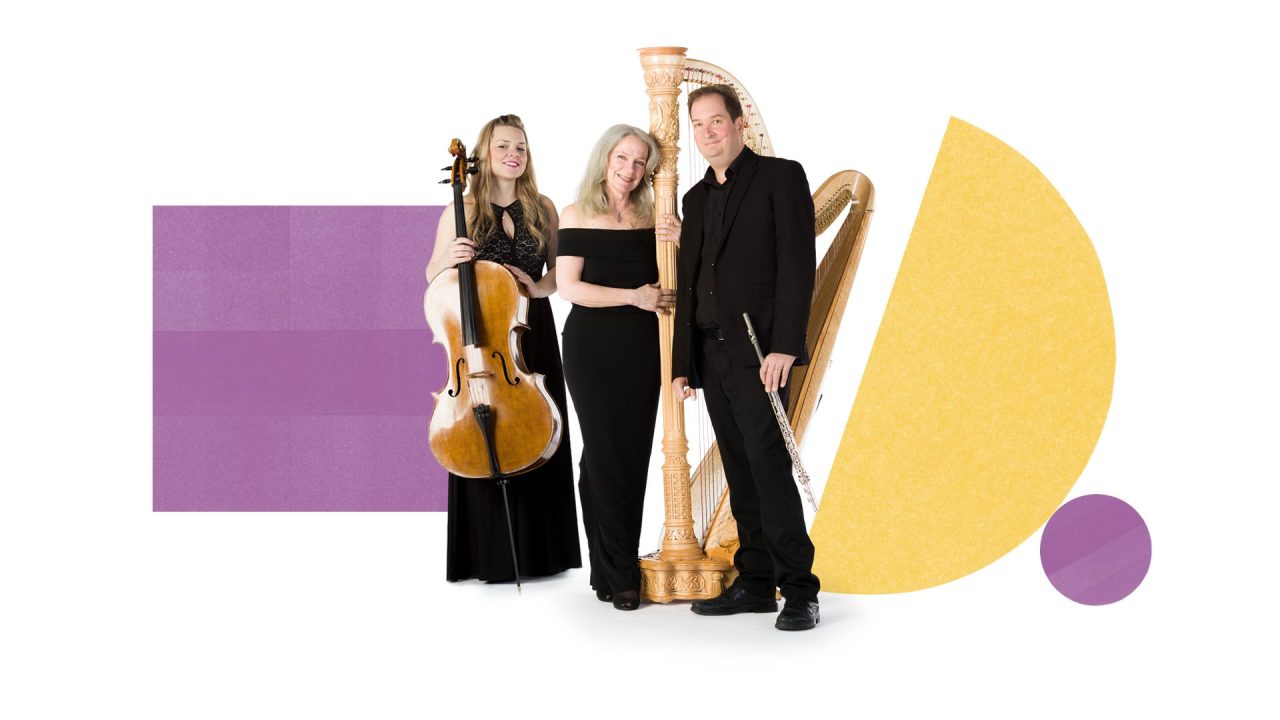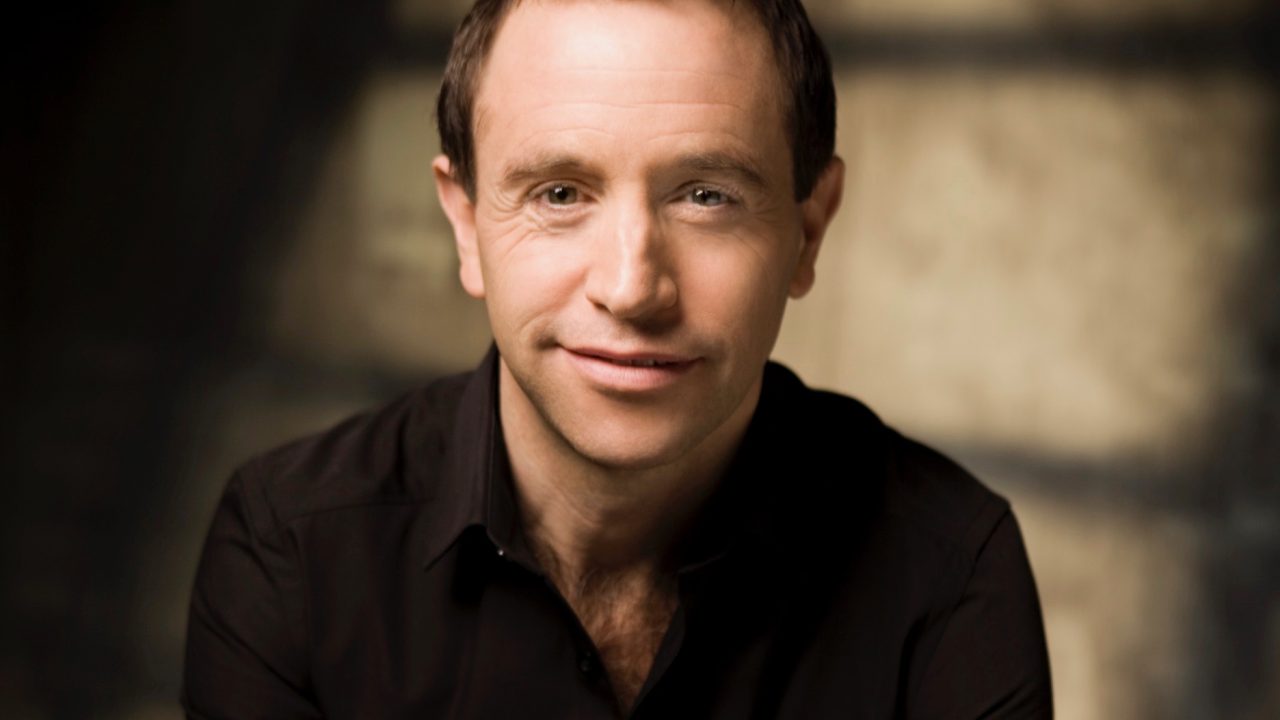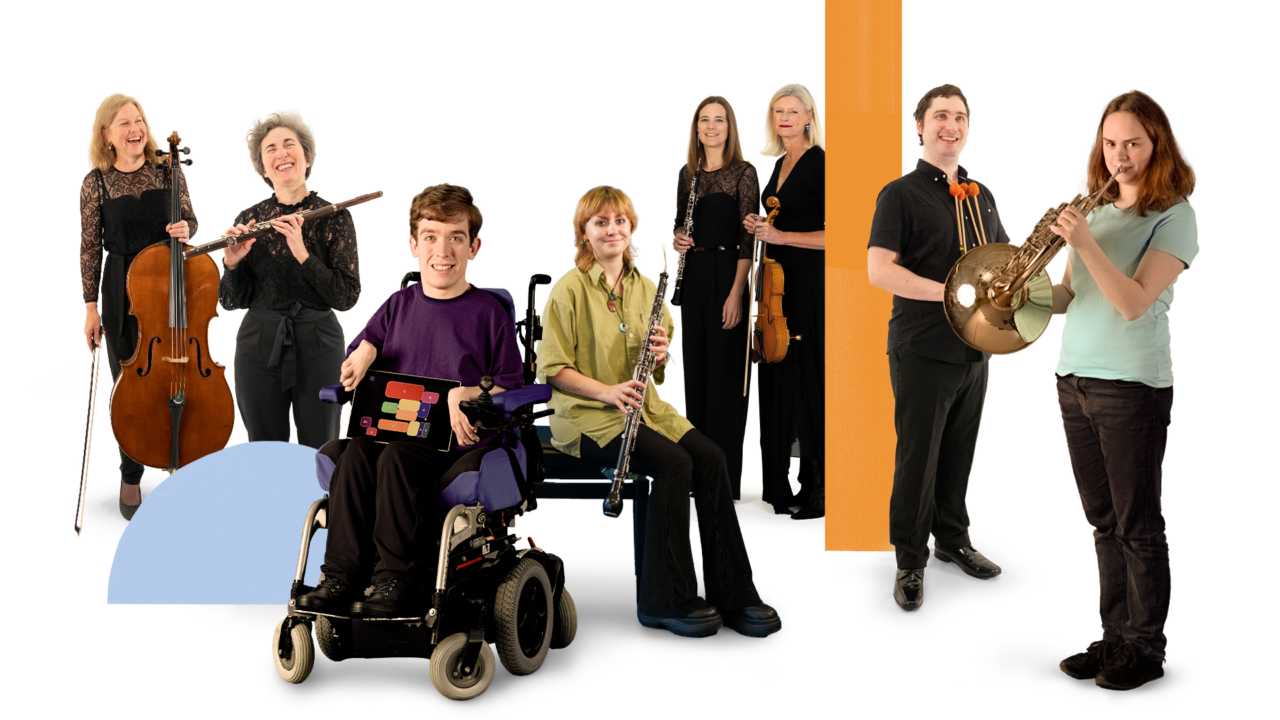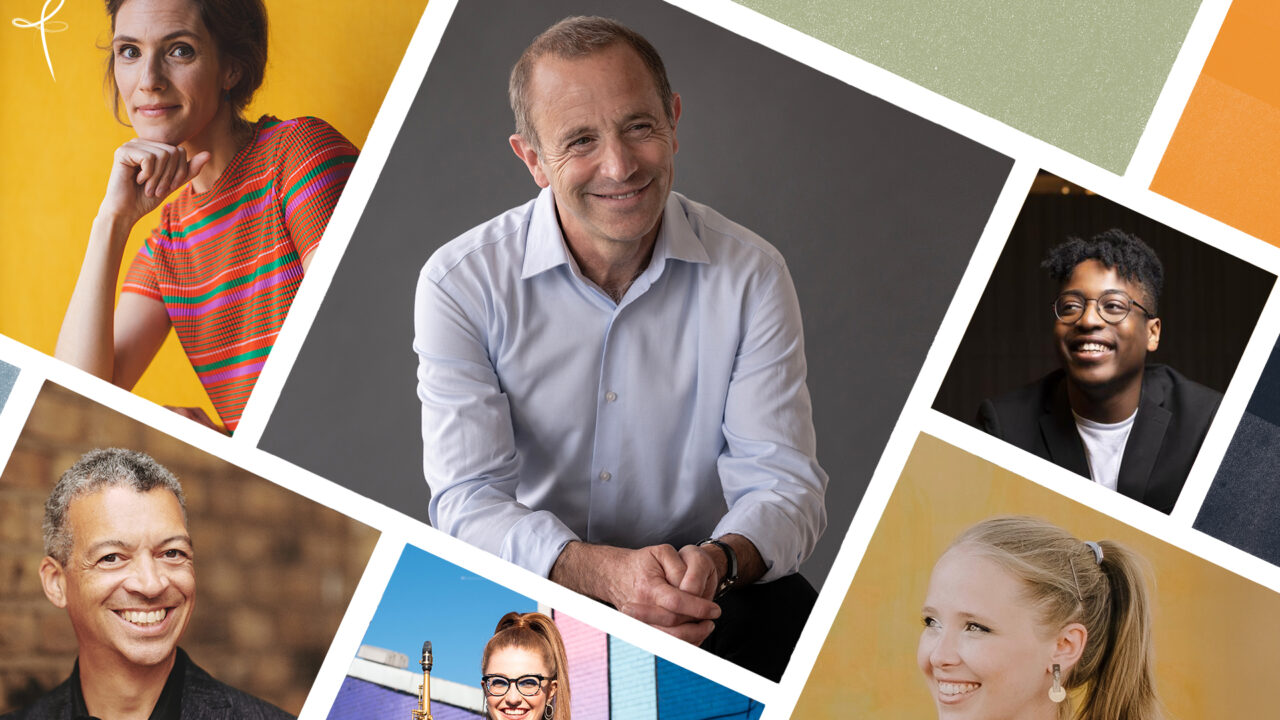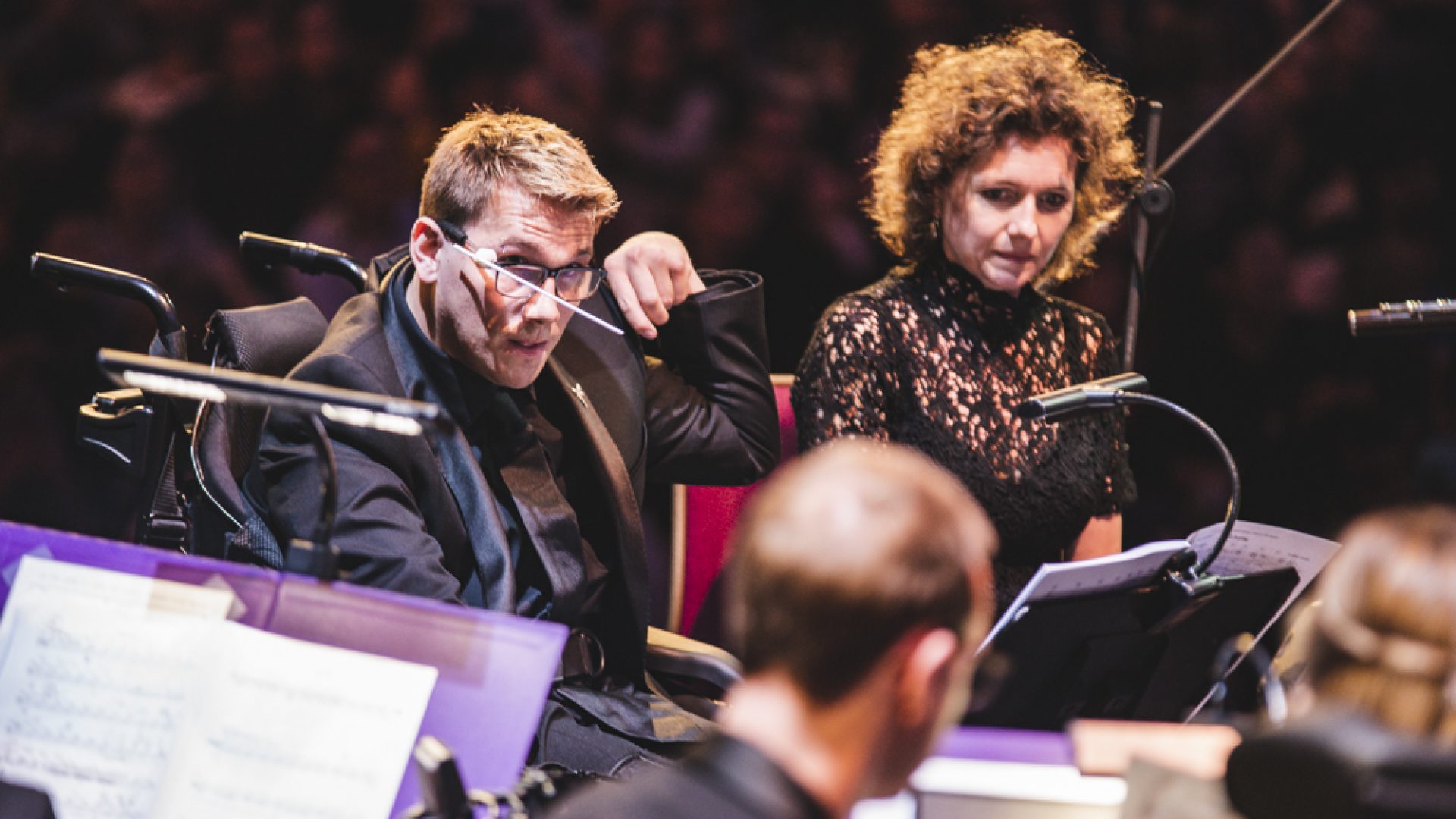• Bournemouth Symphony Orchestra releases report outlining 5 key principles to instil change following an unprecedented 18-month programme, BSO Change Makers.
• The Orchestra now calls on business leaders to adopt its findings to improve access and inclusion across a range of industries.
• The full report can be accessed on request via bsolive.com. The BSO Programme for Cultural Change will be offered to inspire development.
Following a transformational 18-month journey, Bournemouth Symphony Orchestra is today urging business leaders to think differently as it shares insights on improving access and prospects for the next generation of talent.
Arts Council England’s Change Makers campaign offered a catalyst to improve progression paths, create visible role models and professional opportunities within the sector. With a strong record in spearheading change, the BSO was the only disabled-led music programme to receive funding through the scheme.
18% of the working age population is classified as disabled but at the last count (2017-18 data*), only 5% of the Arts Council England funded portfolio identified as such. The Change Makers initiative was developed to increase the number of disabled leaders working across the arts and cultural sector.
BSO Change Makers Programme
The BSO Change Makers Programme ran in three parts across an 18-month period: a training placement for James Rose, a disabled conductor, to accelerate his development and confidence as an artist; the creation of BSO Resound, a six-piece disabled-led professional ensemble created and directed by James giving a series of public performances and workshops; a series of organisational change activities, including training for the whole BSO staff to embed inclusion and awareness.
BSO Resound, under the baton of James Rose, made a high-profile debut performance when they appeared as the world’s first professional disabled-led ensemble at the BBC Proms in 2018 within a whirlwind of critical acclaim.
“The simplest and certainly most direct illustration of the power of music” – Classical Source review
“What has been most powerful through Change Makers is the artistic leadership James has provided. He is seen as an active role model who has had a transformational impact on the work of BSO. He is someone people can identify with and relate to and I’m confident he will inspire others to pursue their ambition of working across classical music” – Abid Hussain, Director of Diversity at Arts Council England
BSO Resound have started to inspire a new generation of disabled musicians, with audience accolades from performances and workshops across the region. The ensemble perform in a number of SEND schools, inspiring a new generation of disabled children; feedback from teachers and pupils proving what this ensemble can do for disabled people, not just in classical music but in all industries.
“I didn’t know people like me could do things like that for a job. It makes me think I could do anything I want in the future” – pupil feedback from a BSO Resound performance.
As a result of the project, disabled artists have started to audition for positions, with a young performer taking a lead role in a performance in 2018. Additionally, the BSO has seen a 20% increase in disabled visitors within its audiences during the last year. BSO employees stated 42% confidence in understanding disability before the project – this increased to 84% after training, and 100% by the end of the programme.
5 Key Principles
The report has been compiled by Sound Connections, a leading strategic music charity specialising in inclusion and accessibility. They identify 5 key principles that led to the successful integration of the 18-month programme:
• The social model of disability is central;
• Everyone is involved;
• Senior leaders and trustees drive the change;
• The highest artistic standards and quality are expected and maintained;
• Opportunities for disabled people are created within every aspect of an organisation’s work
A set of behaviours and attitudes – such as acknowledging that inclusion is not a project, and adopting a growth mind-set approach – are outlined as having enabled the 5 principles to become embedded.
“Putting inclusion at the heart of the orchestra has been transformative. Embracing the small every-day things that over time lead to systemic change has brought us closer to the society which we are here to represent and whose lives we enrich through our music. It has changed the way we look at our Company, our Art, our Audience and our role in the world. It is the most exciting and rewarding thing imaginable to lead such change” – Dougie Scarfe, CEO, Bournemouth Symphony Orchestra
As conductor James Rose described it, “This project needed three key ingredients: a person with (what was thought as) an outrageous aspiration; an organisation who were willing to explore the uncharted by supporting this individual; and the necessary funding to turn the aspirations and motivation into a reality.”
The full BSO Change Makers Programme report can be accessed on request from bsolive.com.
Bournemouth Symphony Orchestra is committed to working with other organisations to explore and implement true inclusion for disabled people. The BSO Programme for Cultural Change, constructed through the 18 months of learning, is available to inspire change, both nationally and internationally. The programme is the first chapter of an ongoing story of change that will continue to evolve for the life of the BSO.
“If anything is to change in society, it is up to the organisations to reach out and work together with everyone involved to achieve change. Nothing that had been done in the orchestral sector before had worked: we needed something more radical” Lisa Tregale, Head of BSO Participate
“The Change Makers work is a core part of what we do. It is part of the BSO being responsible for meeting the musical needs of the South and West of England”– Terence O’Rourke MBE, Chairman of the Board of Trustees, BSO
To read the Change Makers report click here

